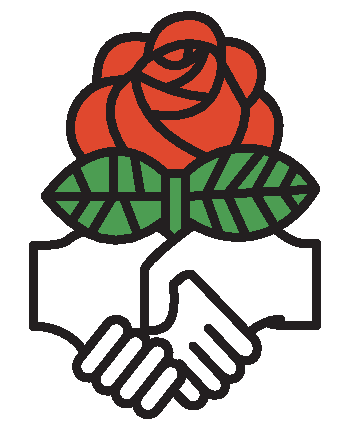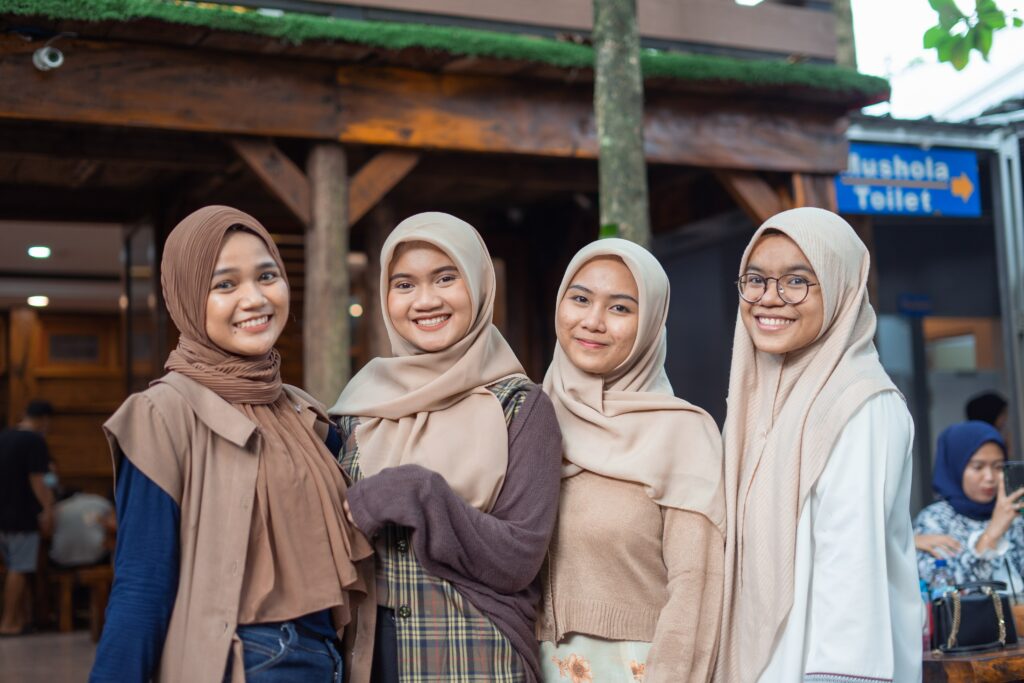Women’s Rights are Human Rights
XIX Congress, Athens, Greece, 27-28 June 2008
Resolution
The Socialist International Women, SIW, was established in 1907. The founding of SIW stemmed from the need to mobilise for the fight for women’s political participation, namely the right to vote, which at the time was denied to virtually all women.
At the first conference, the founders of SIW adopted a resolution demanding women’s suffrage. Nowadays, in most countries, women have gained the right to vote, but as SIW grew from a mainly European organisation to a global organisation, it became clear that political participation was just a first step in achieving gender equality and that much more work was needed if women were to enjoy equal rights as men. As a result, SIW gradually extended its political, economical and social work to incorporate all areas affecting women worldwide, from the elimination of poverty, to adequate healthcare and education for all, to sustainable environment. SIW also joined forces with other women’s organisations and non-governmental organisations in order to have a greater impact in promoting the rights of women.
In 1993, the United Nations held its World Conference on Human Rights in Vienna, Austria, and declared in its Programme of Action that women’s rights are human rights. In 1995, the 4th World Conference on Women in Beijing adopted the Platform for Action which dealt with all aspects of women’s rights. To follow in the work of both conferences and to mark this years’ celebration of the 60th anniversary of the adoption of the Universal Declaration of Human Rights, the overall theme of the XIX Congress of the SIW is ‘Women’s Rights are Human Rights’ and the sub-themes are:
- Equality and Shared Power
- Equality between women and men is still not a reality in any country. Women continue to have less access to decision-making. The introduction of a quota system for women in political parties over the years and laws of quotas have gradually increased the number of elected women politicians, but with only a mere 18% of women in national parliaments worldwide according to the latest figures of the Inter-Parliamentary Union (IPU), gender equality is far from being achieved. Without the equal participation of women and men in decision-making and political power, there is no real democracy and women cannot have an effective say in areas affecting their lives. Active equality policies must not be restricted to the political level. Also in companies, instruments are needed which strengthen and empower women and thus lead to equal status of women and men in all areas of society. Pay gaps between women and men differ regionally but are a reality everywhere. Women in leadership positions in the economy are unfortunately still rare.
- Sustainable Environment
- Climate change affects women and men in different ways, but it is the women who are the most threatened and who carry the burden of dealing with its effects and dangers. Yet, women are the key actors in protecting the environment and ensuring effective use of the natural resources. Women who live in an unsafe and unhealthy environment or lack access to clean water, do not enjoy their fundamental human rights to a life of dignity and to an adequate standard of living.
- Sustainable Development
- Poverty and hunger are an urgent and critical issue affecting the daily lives of millions of people in Africa, Asia and Latin America. And where there is poverty, women and children are the most affected. Women who face a lack of access to food, adequate housing, or health care – their human rights as well as those of their children are violated.
- Freedom of Movement
- Globalization, natural disasters, and civil wars are some of the causes forcing women to migrate and leave their families and communities. When women reach the region or country of destination, they face multiple discrimination being a women and a migrant.
- Peace
- War and armed conflict have a devastating effect on the lives of women, as well as on the health and educational services which play a key role to the development of women. Yet women are hardly involved in the process of conflict resolution and peace building, despite the fact that they are the most active in peace movements and community dialogue.
- Sexual and Reproductive Health
- Women in many countries lack access to sexual and reproductive health services, information and safe abortion. Complications of labour and delivery as well as unsafe abortion remain the leading causes of death and illness among women aged 15 to 49 worldwide. The Rome Statute recognises that violations against women’s reproductive self-determination are very serious crimes under humanitarian international laws.
- Education
- Education is the key to gender equality and an essential tool for women to achieve their full potential. However, in many countries women have overtaken men in the field of education but have not advanced to the top jobs and they face several forms of discrimination. According to the World Bank, education is the single most important factor contributing to national economic growth. Furthermore, education is essential to overcome traditional gender role stereotypes. Women and girls who are educated will have fewer children and those they have are more likely to survive and thrive.
- Security
- In a fast changing world, economic and physical security for women are becoming more important than ever. Terrorism linked to fundamentalism, xenophobia, homophobia, domestic violence and trafficking in women and children are a certain and present danger. A safe and secure environment is vital for women to develop their full potential.
Socialist International Women therefore calls upon governments and the member parties of the Socialist International to:
- Ensure that the promotion of gender equality in all areas is actively pursued while at the same time gender mainstreaming is observed and implemented and to encourage companies to take measures of promoting women in order to close the pay gap between women and men and to break the glass ceiling;
- Place climate change at the top of the political agenda, to recognise that a sustainable environment is a matter of social justice and to ensure that adequate measures are taken to protect those most at risk of the effects of climate change;
- Take urgent and concerted action in order to achieve the UN Millennium Development Goals at the 2015 target date;
- Enhance employment opportunities and access to education for migrant women and ratify and monitor all international legal instruments that promote and protect the rights of migrant women;
- Ensure that in accordance with UN Security Council Resolution 1325 on ‘Women, Peace and Security’ women are fully integrated in all efforts for the maintenance and promotion of peace and security. It is therefore essential that women be included in the analysis, policy making and negotiations;
- Develop public policies which safeguard the exercise of women’s sexual and reproductive rights and to promote and support specific research into the effects of medical treatment and medication for women. Implement public policies to prevent and combat the trafficking in human beings especially women and children, to ensure the protection of the victims and to safeguard their rights;
- Allocate resources to make education and training accessible to all women, including women and girls in rural areas and with disabilities, and to ensure that the education system provides equal access for women to higher technical education and universities;
- Ensure that no human right is used to curtail or deny women’s rights and that religion and cultural traditions are respected as long as they do not violate human rights;
- Ensure that the CEDAW Convention and its Optional Protocol are signed, ratified and widely published – in the language/s spoken nationally – in order for women and women’s organisations to make full use of the legal provisions contained in these documents.
Socialist International Women calls upon its member organisations to:
- Form alliances with other women’s organisations and Non-governmental Organisations with a view to act as pressure groups for achieving the above-listed demands;
- Lobby their national governments to respond positively to the above-listed demands.
Finally, Socialist International Women calls upon the member parties of the Socialist International to:
- Build its own women’s organisation, in order to grant women the necessary platform for political action;
- Support their women’s organisations and guarantee financial and human resources whilst respecting their right to independent political action;
- To develop an action plan for the Socialist International on Gender Equality and to set targets within a specific time frame for power sharing.

